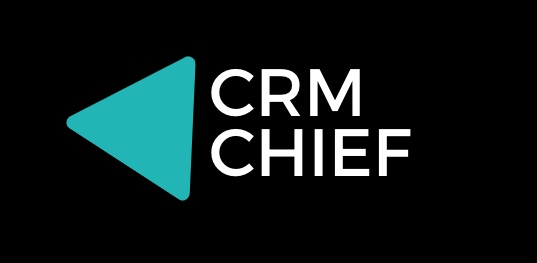
Share This
3 secrets to building out your sales process in CRM
Asking a simple question like "What is your sales process?" to a sales team can bring all sorts of answers. Tactics, strategies, KPI's, targets, goals, metrics, hierarchies, preferences, and buzzwords used are unique for most organizations.
However, most sales processes can be represented much simpler than the descriptions provided by salespeople. End to end looks something like this
Prospects > Opportunity > Customer > Repeat/Renewal
or
Lead > Qualified > Propsoal > Contract > Won/Lost
or
Marketing Qualified > Sales Qualified > Opportunity>Customer
or even this
Prospoect>Create>Qualify>Propose>Value>Award
I have seen sales processes get broken down into 21 steps they take every lead through. 21 steps? Is the lead going to be asleep or dead by the time you help them buy? My job is often times helping people NOT re-invent the wheel.
SECRET #1
The secret to setting up your sales process in CRM is to seperate WHAT YOU DO from WHAT YOU NEED TO TRACK IN CRM. They are two different things.
You may execute 21 different things for a lead, however, in reality a salesperson would probably only have 2-4 major milestones or status updates you would need in your CRM to get proper reporting/metrics.
The hack is to write your sales process down on paper. A common buzzword is 'Sales Playbook'. What steps do you take each lead through? Cadence, messages, pitches, discounts, etc.
Then break down high level CRM process into Stages and inputs required by salesperson at each stage. Think about it, you have different inputs required to CREATE a lead, and different inputs required along the way. For example. here is generic sales process with stages and inputs defined:
- Qualify
- Sale type
- Company and Key Contact
- Develop
- Est. Close Date
- Est. Revenue
- Propose
- Proposal Sent Date
- Closing
- Contract Sent Date
In the above example, a salesperson may take the lead and enter key inputs along the way so status and info entered by the time deal closes.
SECRET #2
When you track everything, you track nothing.
If you track these three data points on your sales pipeline, you will be able to forecast and report most key decision making metrics in your business.
- Estimated Revenue (Amount)
- Quantify the deal in dollars. This allows you to quantify and even weight your sales pipeline
- Close Date (Estimated and Actual)
- With an estimated close date, you can plot your pipline over time and forecast into future. This also allows you to easily identify opportunities that are past due and may need an update from salesperson.
- I would start with making sure estimated close dates are up to date daily/weekly
- Stage
- Outline your key stages, the key milestones to report on. This is often things like Lead Qualified, Proposal Sent, Contract Sent, etc.
With these three items above in a CRM where you can track these metrics over time, and by salesperson - allows you to use the data to make decisions in your business and help drive towards your goals.
Your CRM should be able to produce these core metrics to help you make decisions based on your sales pipeline.
- Number of Leads created
- Number of Leads qualified
- Number of Proposals Sent
- Number of Opportunities Won
- Number of Opportunities Lost
These 5 metrics are core and matter most. If you are trying to track everything else, but you can't answer these questions, reporting struggles may persist.
When you try to track everything, you track nothing
SECRET #3
Break up your process into two funnels.
You may wear all hats in your business, so its easy to get stuck into thinking END to END. However, sales process is actually broken up into different funnels.
Funnel 1: Business Development
Business Development is everything you do to get someone to raise their hand to say they are interested. This could be cold calling, email blasting, paid ads, etc.
The goal of biz dev is to generate leads or prospects.
Funnel 2: Sales cycle or Sales Pipeline
Once someone has raised their hand, sales cycle is about how you take that qualified lead through your process.
The goal of sales cycle is to close qualified leads. If someone does not buy, they can go back to your biz dev funnel until they are ready to enter sales cycle again in future.
Your CRM reporting becomes much easier once you break up your sales into these two core processes. Defining stages/statuses and inputs needed becomes much clearer when you seperate the two functions.
